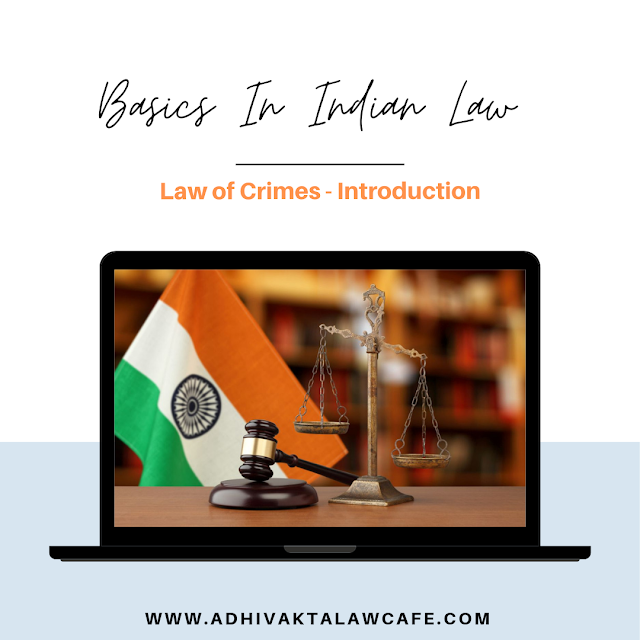The term “Crimes” has not been defined under any Indian enactment. Indian Penal Code, 1860 (or IPC) defines the term “offence” as a thing made punishable by IPC. Although the term “Crime” is hard to define, generally it is used to denote a punishable wrong.
Blackstone has defined Crime as an act committed or omitted in violation of a public law either forbidding or commanding it.
Stephen says that A crime is a violation of a right considered in reference to the evil tendency of such violation as regards the community at large.
But, take for example, a company, whose management fail to manage its affairs properly. The factory is closed, workers are rendered unemployed, production of a commodity essential for the society is stopped. It is an act, which is injurious to public at large but can we prosecute the management for any crimes? The answer is most probably Not.
Given the difficulty, Crime may be understood from its components. Crime has following components –
-
Act involving injury to People
-
State’s desire to prevent such injury
-
Desire represented in form of threat of sanction or punishment
-
Legal proceedings aimed to conclude the question of guilt.
This, too, may appear technical. But one important thing to remember in respect of crimes is that nothing can be classified as a crime unless it has been so designated by any legislative enactment. Only if the law provides for trial of a wrong, the act is termed as an offence. The Indian law of Crimes is contained in Indian Penal Code, 1860 and trial is conducted as per provisions of Code of Criminal Procedure, 1973.

